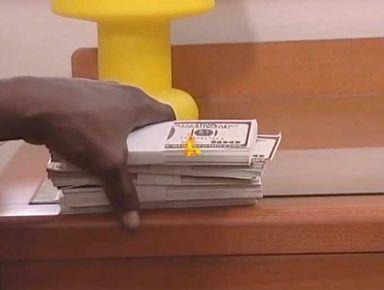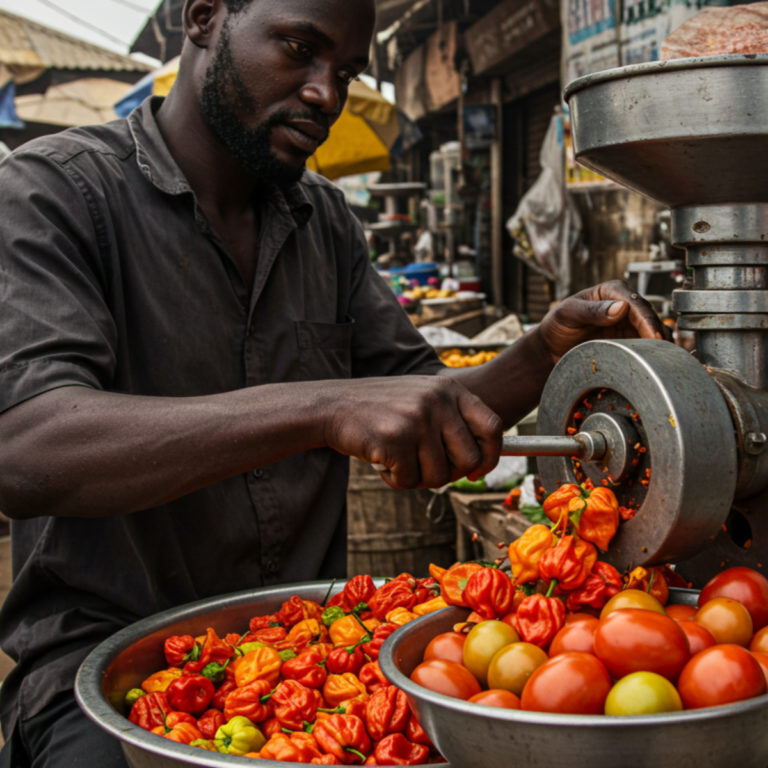The Central Bank of Nigeria (CBN) has been hard at work trying to fix Nigeria’s economic struggles, and they’ve been rolling out policies like their rent’s due—from stabilising the naira, to fighting inflation and bringing in more foreign currency. Even though their moves aren’t making the waves, think of the CBN like the folks patching up holes in a leaky boat, quietly doing what they can to keep the ship afloat and avoid a “things fall apart” situation. So, what do these economic moves mean for you as a Nigerian, and why should you care? We’ve got answers; come closer.
Going gung ho on FX market reforms

The gap between official and black market exchange rates has been a major headache. Dr Cardoso has made one of the CBN’s biggest moves by narrowing the gap. By introducing forex market reforms, including liberalising foreign exchange trading, the CBN reduced the premium between official and parallel market rates to just 1.7%. It’s also made the FX market more transparent by removing restrictions on 43 previously barred items.
What’s in this for you? It is now a smoother process to buy dollars for essential use without crazy gaps between banks and street exchange rates.
Attracting foreign investors

The CBN has been optimising for reforms that attract more foreign direct investment (FDI) and capital importation. In fact, capital importation increased by 234.4% year-on-year, reaching $5.92 billion in the first half of 2024. With more capital flowing into the country, Nigeria’s economic prospect is definitely looking good.
Why is this your cup of tea? From new tech startups to big infrastructure projects, the knock-on effect of foreign cash flow can improve services like transport, electricity, and even healthcare. In short, the economy grows, and so does your access to better jobs and services.
Teaming up with the Ministry of Finance

It’s safe to say the CBN and the Ministry of Finance have become besties, working hand in hand to make sure Nigeria’s government isn’t borrowing itself into a hole. Think of them as the tag team fighting inflation and growing the economy at the same time.
What does this mean for you? Hopefully, fewer hikes in the prices of basic goods and a more stable economy. A more stable economy also means more businesses can not just survive but thrive.
A “no gree for anybody” approach to inflation

After months of rising costs, inflation dropped to 33.4% in July 2024, thanks to CBN’s tight monetary policies. Inflation eats into the value of your money, but with CBN’s efforts, that’s starting to slow down.
Why is this good news? While inflation isn’t gone yet, the worst might be behind us. Your money might actually start lasting longer, and prices might not skyrocket as much as they have in the past year.
Making the dollars rain

No one likes it when the naira takes an L, so the CBN is bringing in more foreign inflow. So far, they’ve managed to boost our foreign exchange reserves by 35.5%, with inflows reaching $47.9 billion in the first half of 2024.
What does this mean? Without this move hmmmm… Our naira to dollar exchange rate might have been double by now. More dollars in circulation mean a stronger naira and reduced pressure on exchange rates. Plus, the cost of imported goods like phones, laptops, and even some food items could come down.
Stacking up remittances from Nigerians abroad

If you don’t like the idea of japa, take comfort in the knowledge that those diaspora remittances actually mean something hooge for the economy. In the first half of 2024, remittances grew by 23.48%, bringing in $2.34 billion. The CBN is working to improve the efficiency of remittance channels, so more money flows in from Nigerians abroad. Every dollar sent home helps shore up the economy and boosts our foreign exchange reserves.
How does this make life better for you? If you have family sending money from abroad, you can expect faster transactions with fewer delays. This extra flow of dollars into Nigeria helps strengthen the economy overall and can directly support households, especially when the local economy is tough.
Read this next: How Much Money Have You Made This Year?




